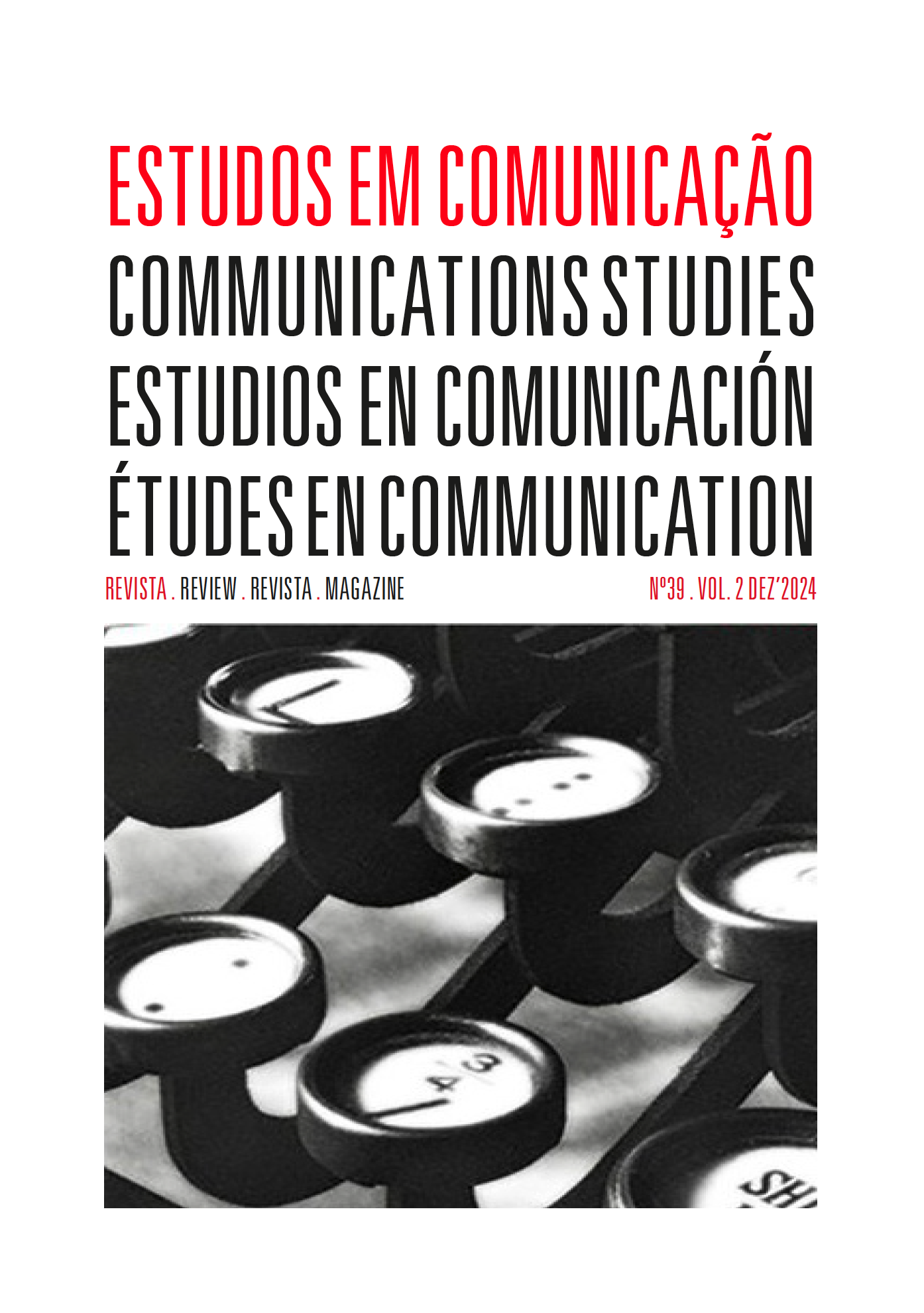Children's digital cultures occupy the school: the teachers' views
Abstract
While smartphones are widely used in school spaces (OECD, 2015), teachers say they face numerous challenges with their students: increasing distraction in class, difficulties concentrating, drowsiness and dramatic emotional, social, behavioral and cognitive changes (The Alberta Teachers' Association, n/d), among others. The goal is to understand teachers' perspectives on the digital practices of children and young people and their influence on the school context and student learning. To this end, we did semi-directive interviews (Ghiglione and Matalon, 1997) with twenty IT and Information and Communication Technologies teachers from various regions of Portugal. Teachers recognize the central role of digital technologies in the daily lives of children and young people and refer to four worrying contexts: recreational spaces (intense use of mobile devices to the detriment of physical activities), the classroom (disruptive use of them), processes learning (decreased ability to concentrate) and practices that go beyond school walls (cyberbullying, contact with dangerous strangers, excessive use and sexting). On the other hand, they recognize the need for a closer relationship between the school and the students' digital cultures to motivate them and promote critical and operational digital skills.
Downloads
Published
Issue
Section
License

This work is licensed under a Creative Commons Attribution-NonCommercial-NoDerivatives 3.0 Unported License.
Estudos em Comunicação/Communication Studies is an Open Access journal. All its content is freely available without charge to the user or his institution. Users are allowed to read, download, copy, distribute, print, search, or link to the full texts of the articles in this journal without asking prior permission from the publisher or the author. Estudos em Comunicação, by Labcom, is licensed under a Creative Commons Atribuição-NãoComercial-SemDerivações 3.0 Unported License. By submitting your work to Estudos em Comunicação/Communication studies you confirm you are the author and own the copyright, that the content is original and previously unpublished, and that you agree to the licensing terms.


